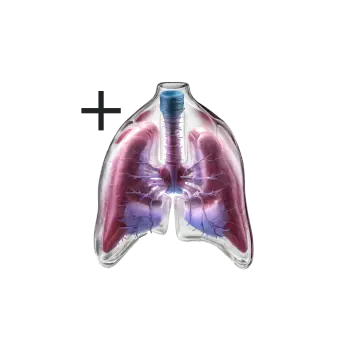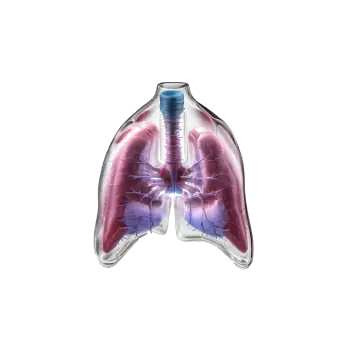The thyroid gland is a gland that sits in the front of the neck and is responsible for producing hormones that regulate metabolism and affect many different functions in the body. When the thyroid gland does not produce enough hormones, the metabolism slows down, which can affect the body's normal functions. Hypothyroidism can occur for a variety of reasons, such as autoimmune disease, surgical removal of the thyroid gland, radiation therapy, or the use of certain medications.
Common symptoms of Hypothyroidism:
- Fatigue and exhaustion: People with hypothyroidism may experience constant fatigue and a feeling of exhaustion, even after adequate rest and sleep.
- Weight Gain: An underactive thyroid can cause the metabolism to slow down, which can lead to weight gain or difficulty losing weight, even with normal diet and exercise.
- Constipation: Decreased activity in the intestines can lead to constipation in people with hypothyroidism.
- Mental sluggishness and memory problems: Cognitive functions such as concentration, memory and mental acuity can be affected in people with hypothyroidism.
- Menstrual disorders: Women with hypothyroidism may experience irregular or heavy periods.
It is important to remember that symptoms can vary from person to person, and not everyone will experience all of these symptoms. If you suspect that you have hypothyroidism, you should contact a doctor for a correct diagnosis and adequate treatment.























